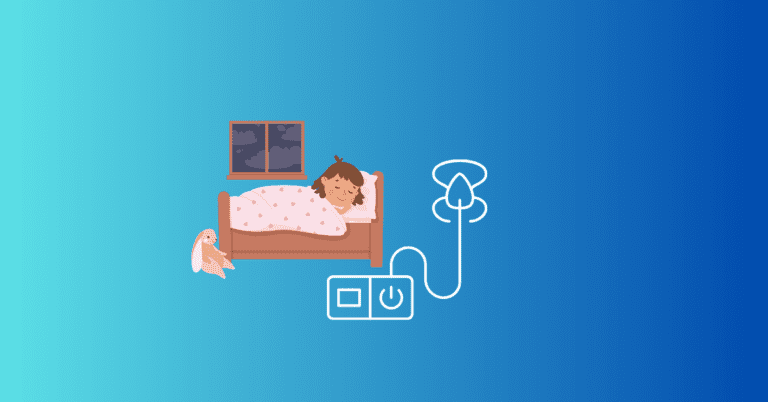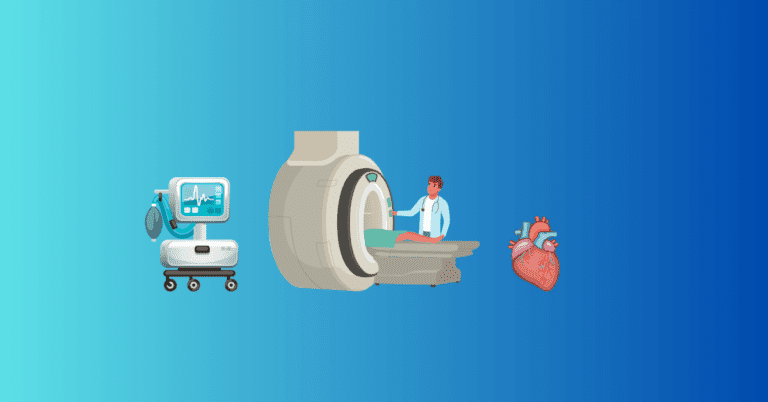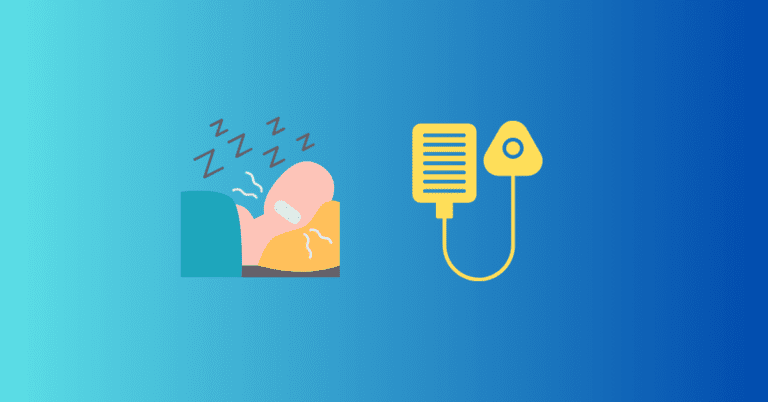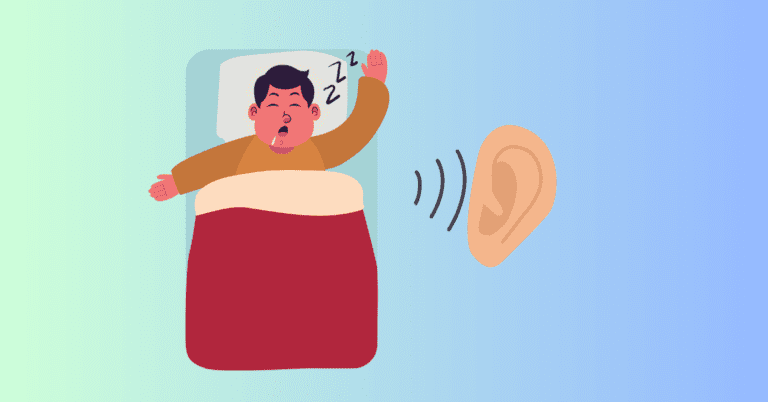How Does Sleep Apnea Affect Your Heart Health?
Jeremy Smith is a long-term CPAP user and sleep apnea advocate. After being diagnosed with severe obstructive sleep apnea, he created ByJeremySmith.com to help others navigate CPAP therapy through personal stories, gear reviews, and practical advice.
What is the connection between sleep apnea and heart disease?
When I was diagnosed with sleep apnea, I received a double whammy! My diagnosis also came with a diagnosis of high blood pressure (hypertension).

As a result, I wanted to understand the nuts and bolts of what sleep apnea could be doing to my heart. So I started researching. I wouldn’t say I liked the thought of being dependent on statins all my life.
As always, please don’t take what I say as medical advice, and consult your physician about your circumstances.
So, let’s dig in to learn more about the link between sleep apnea and heart disease…
Sleep apnea is more than just a nighttime nuisance of annoying your partner by pretending to be a freight train; it’s a serious medical condition that can have serious effects on your heart health.
If you suffer from sleep apnea, you will frequently experience periods during your sleep when your breathing stops for 10 seconds or more. Of course, you will be completely unaware of this because you will be asleep! And if you have serious sleep apnea like me, it could be once every minute. I was shocked when I first discovered this.
These constant “mini-suffocations” can lead to a range of health issues, with heart disease being one of the most concerning. This article will explore the connection between sleep apnea and heart health, the long-term risks, and why treating sleep apnea is crucial for preventing heart-related complications.
Personal Insight. The fact you are reading tells me that you should consult with your physician as soon as possible.
The Connection Between Sleep Apnea and Heart Health
Sleep apnea can be divided into two primary types: obstructive sleep apnea (OSA), which is the most common and what I have, where the throat muscles intermittently relax and block the airway, and central sleep apnea (CSA), which occurs when the brain fails to send proper signals to the muscles that control breathing.
Both types of sleep apnea can place significant stress on the cardiovascular system.
During what is known as an apnea event, your body is temporarily deprived of oxygen when you stop breathing. This triggers a survival response from your body that causes your brain to tell your heart to leap into action and to force you to “wake up” and breathe.
This happens repeatedly throughout the night, leading to increased blood pressure, irregular heart rhythms, and inflammation. Over time, these physiological responses can damage the heart, leading to the development of cardiovascular diseases.
The other factor is that you never truly get a good night’s sleep because your brain constantly wakes you up to tell you to breathe. This leads to you feeling groggy and irritable the next day, and your brain needs to sleep to cleanse itself with REM and non-REM sleep.
Think about if this was your car…
Every time you got into it, you found the battery was flat, so you had to get the jump leads out and find someone to help you start it.
I think after the second time this happened, you would investigate the problem and probably buy a new battery.
Yet some people know they have sleep apnea and are happy to let their heart be bump started multiple times a night!
Personal insight: I was shocked when I saw my sleep report to see that I was having an apnea event every minute. This is severe. This realization got me on the path to starting this blog to educate others.
How Sleep Apnea Affects Blood Pressure
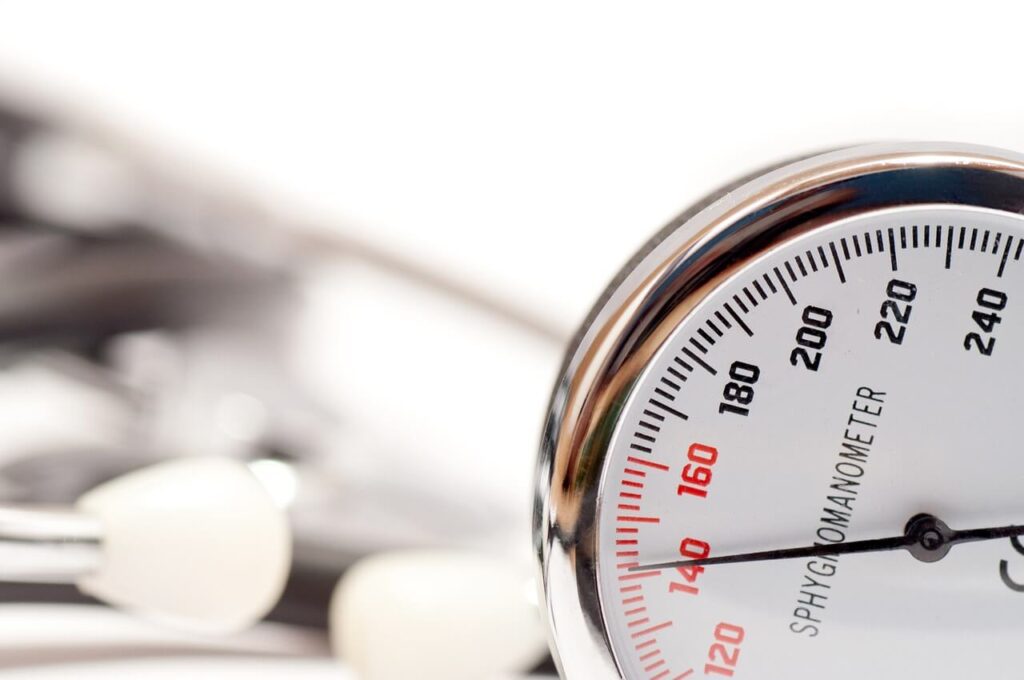
One of the most unfortunate effects of sleep apnea on heart health is its impact on blood pressure. When breathing stops during sleep, the body’s oxygen levels drop. The brain then sends signals to the blood vessels to constrict, raising blood pressure in an effort to restore oxygen flow.
These intermittent periods of high blood pressure, known as nocturnal hypertension, can lead to chronic hypertension like I have if sleep apnea is left untreated.
From the studies that I have read, untreated sleep apnea can lead to persistent high blood pressure even during the day, significantly increasing the risk of developing heart disease if left untreated.
People with sleep apnea are also at a higher risk of experiencing resistant hypertension, a type of high blood pressure that remains difficult to control despite using multiple medications.
Personal insight: I was diagnosed at age 46, so potentially most of my life has seen my blood pressure being jolted like this by my brain.
Sleep Apnea and Heart Disease
There is a strong association between sleep apnea and a range of heart-related problems.
The most significant conditions linked to untreated sleep apnea are shown below:
1. Coronary Artery Disease
People with obstructive sleep apnea are more likely to develop coronary artery disease, a condition in which the arteries that supply blood to the heart become narrowed or blocked.
The repeated drops in oxygen levels caused by sleep apnea can damage the lining of blood vessels, promoting the build-up of plaques that can lead to heart attacks.
2. Heart Arrhythmias
Sleep apnea has been linked to irregular heartbeats, particularly atrial fibrillation, which is the most common type of arrhythmia.
The intermittent lack of oxygen stresses the heart and can disrupt its electrical signals, causing the heart to beat irregularly. Untreated sleep apnea increases the risk of AFib and can make it harder to control the condition with medications or other treatments.
3. Heart Failure
Repeated episodes of oxygen deprivation can weaken the heart over time. The combination of high blood pressure, increased strain on the heart, and frequent awakenings can contribute to the development of **heart failure**. In people with existing heart failure, sleep apnea can worsen symptoms and make it more difficult to manage the condition.
4. Stroke
The relationship between sleep apnea and stroke is well-documented. The sudden fluctuations in blood pressure and oxygen levels increase the risk of **ischemic stroke**, which occurs when blood flow to the brain is interrupted. People with moderate to severe sleep apnea are at a significantly higher risk of stroke than those without the condition.
Personal Insight All of these heart-related problems are extremely serious but the good thing is that if you get diagnosed with sleep apnea, and you get yourself a CPAP machine, then you can get on top of these potential problems and increase your lifespan.
Why Sleep Apnea Is a Silent Killer
Sleep apnea often goes undiagnosed for years because many people are unaware they have it. Since the symptoms primarily occur during sleep, a partner or family member often notices loud snoring or periods of stopped breathing. This was certainly the case for me. I clearly remember a boy’s weekend when I got all things thrown at me because my snoring was so bad. I never went on one again after that.
Unfortunately, without treatment, sleep apnea can quietly wreak havoc on your cardiovascular system, leading to serious and sometimes fatal outcomes.
Many people with sleep apnea also suffer from other conditions that can compound the risks, such as obesity, diabetes, and chronic lung disease. These comorbidities make it even more important to address sleep apnea early to avoid long-term health complications.
Personal Insight: For me, I took a long hard look in the mirror and decided the time had come to lose weight and make exercise a big part of my life.
In the future, I intend to expand this blog so it covers a wide range of longevity resources because I want to live a long, happy, and fit life and serve readers of this blog.
Treating Sleep Apnea to Protect Your Heart
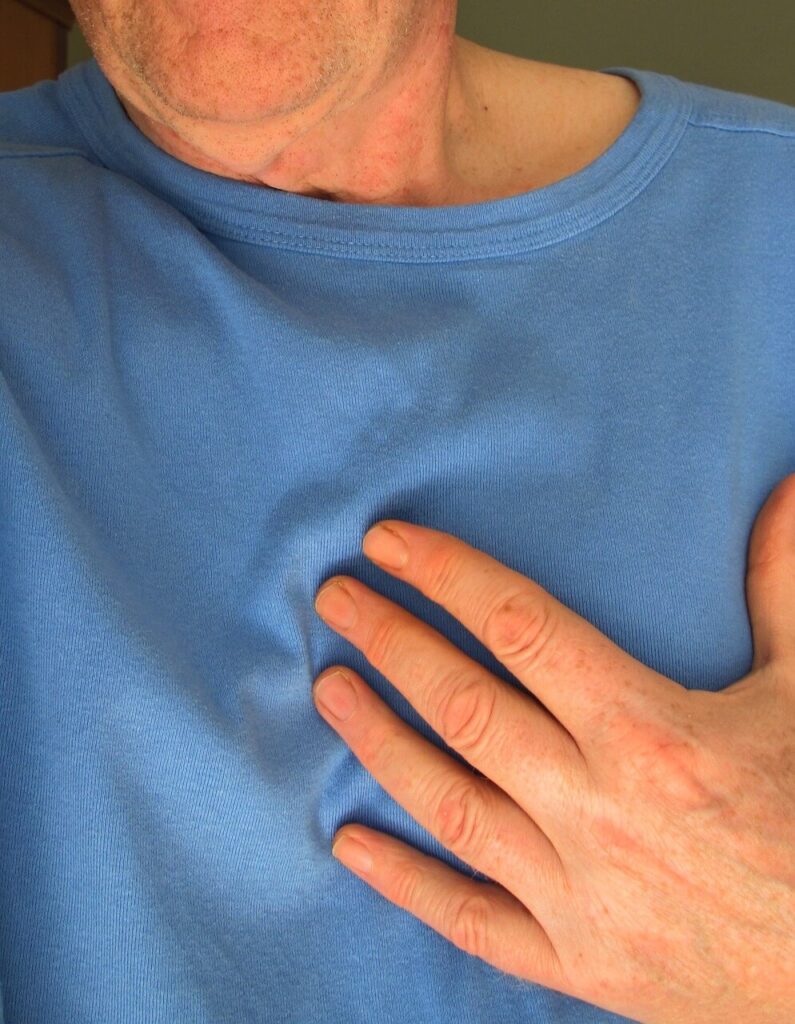
The good news is that treating sleep apnea can significantly reduce the risk of developing heart problems. As I’ve already said, the most common treatment is Continuous Positive Airway Pressure (CPAP) therapy, which involves wearing a mask connected to a machine that provides a constant stream of air to keep the airway open during sleep.
CPAP therapy improves sleep quality and helps lower blood pressure, reduce the frequency of apnea events, and protect the heart from further damage.
For some people, lifestyle changes such as weight loss, quitting smoking, or reducing alcohol intake can help reduce the severity of sleep apnea and improve heart health. In milder cases, oral appliances that reposition the jaw to keep the airway open may be recommended as an alternative to CPAP therapy.
In more severe cases, surgery may be needed to remove excess tissue from the airway or correct structural abnormalities contributing to the condition.
Regardless of the treatment approach, the key is to address sleep apnea as soon as possible to prevent it from damaging the heart.
Personal Insight: I have hit the lifestyle changes hard. I had forgotten the last time I had even had my heart pumping at more than it does for a normal walking pace.
Now, I regularly go for jogs and runs, and I have lost 22 pounds as a result.
My recommendation to you, if you are overweight, is to seriously think about walking more and eating less.
Don’t bother with fad diets. The key to long-term health and fitness is to make it a priority in your life. When you do this, your weight will fall off and stay off. Cut down your sugar intake and eat smaller portions!
I’m not saying that losing weight will cure sleep apnea because it certainly hasn’t, but I feel much better.
Conclusion
The connection between sleep apnea and heart health is clear – untreated sleep apnea can lead to serious cardiovascular complications, including high blood pressure, heart disease, heart failure, and a stroke.
Recognizing sleep apnea symptoms and seeking treatment is critical for improving sleep and protecting your heart.
Personal Insight: From my own experience with severe sleep apnea, I’ve seen firsthand how getting treatment can make a difference. The connection to heart health was eye-opening, especially considering how silent sleep apnea can be. Since starting CPAP therapy, I’ve felt not only more energized but also more confident in my long-term health, knowing that I’m taking proactive steps to protect my heart.
If you or someone you know is struggling with sleep apnea, don’t wait. Consult with a healthcare professional to get the right diagnosis and treatment plan to ensure a healthier future.
Disclaimer: The content on this blog is for informational and educational purposes only and is not a substitute for professional medical advice. Always speak with your doctor or sleep specialist before starting, stopping, or changing any treatment or therapy related to sleep apnea or CPAP use.
